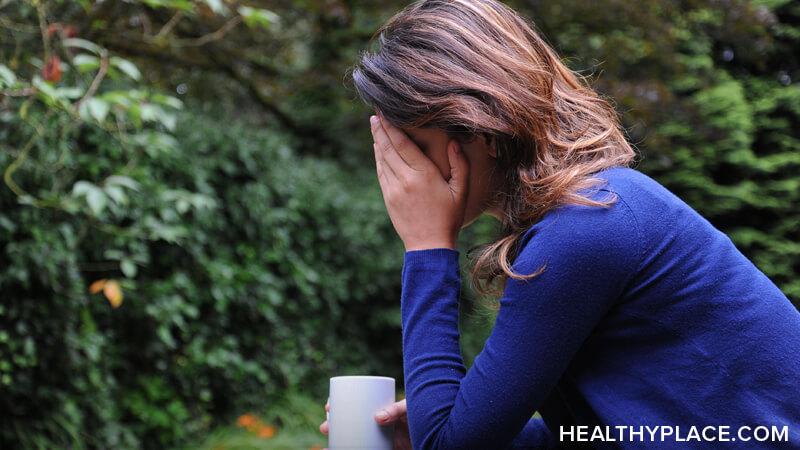You’ve been diagnosed with postpartum depression (PPD). You’ve started treatment, whether it be therapy, lifestyle changes, and/or medication. You read about one woman who had PPD and was better in a month, so you’re ready to tackle this and “return to normal” in a few weeks, right? Not so fast. How long “should” PPD last?
Postpartum Depression Can Last a Long Time
The reality is more complicated. Just like the symptoms of PPD can vary between mothers, so can the timeline. I remember feeling frustrated that my postpartum depression wasn’t magically disappearing. I changed my diet and started exercising. I started therapy. I took medication. Why wasn’t my postpartum depression going away?
When it came to my mental health, I had to learn to play the long game, if you will. I wanted my PPD to go away so badly, I overestimated the short-term gains. If I had a good day, I wanted that progress to be permanent. Then, when the next day came and I could barely get out of bed, my frustration level skyrocketed. I ended up making things more difficult than they had to be. Instead of enjoying the days when I felt better, I put pressure on them.
The mental health journey is not a steady climb. It’s a landscape full of peaks and valleys. In fact, as the National Institutes of Health News in Health noted,
“a new study found that a large number of women had high levels of depressive symptoms at some point in the three years after giving birth.”1
There is no predetermined duration for postpartum depression. If your PPD lasts longer than someone else’s, that doesn’t mean you did anything wrong or that there’s anything wrong with you. While you may want your postpartum depression to just go away, you do not have control over how long PPD lasts.
Postpartum Depression and Major Depression
Even after your postpartum depression is over, you will want to pay attention to your mental health. According to the Mayo Clinic,
“postpartum depression increases a woman’s risk of future episodes of major depression.”2
This does not mean you will automatically experience future episodes of depression, but it’s good to be aware of the possibility.
It can be easy to focus solely on “getting rid” of PPD. However, you can be a good mother with a fulfilled life with postpartum depression. Managing your postpartum depression through treatment is key. By accepting that PPD is a marathon, not a sprint, you can focus on enjoying the small victories and taking it one day at a time.
